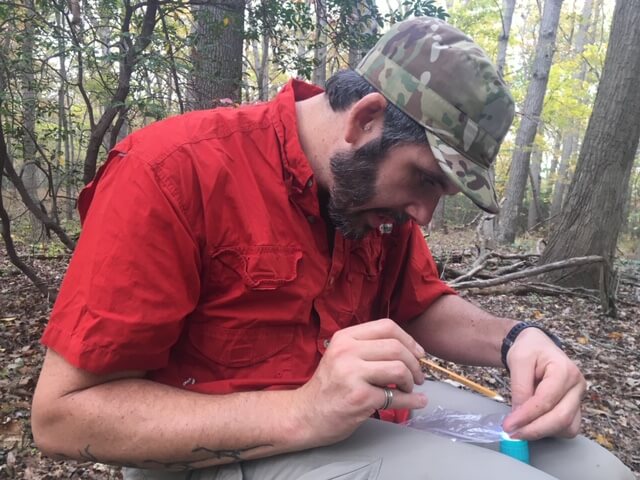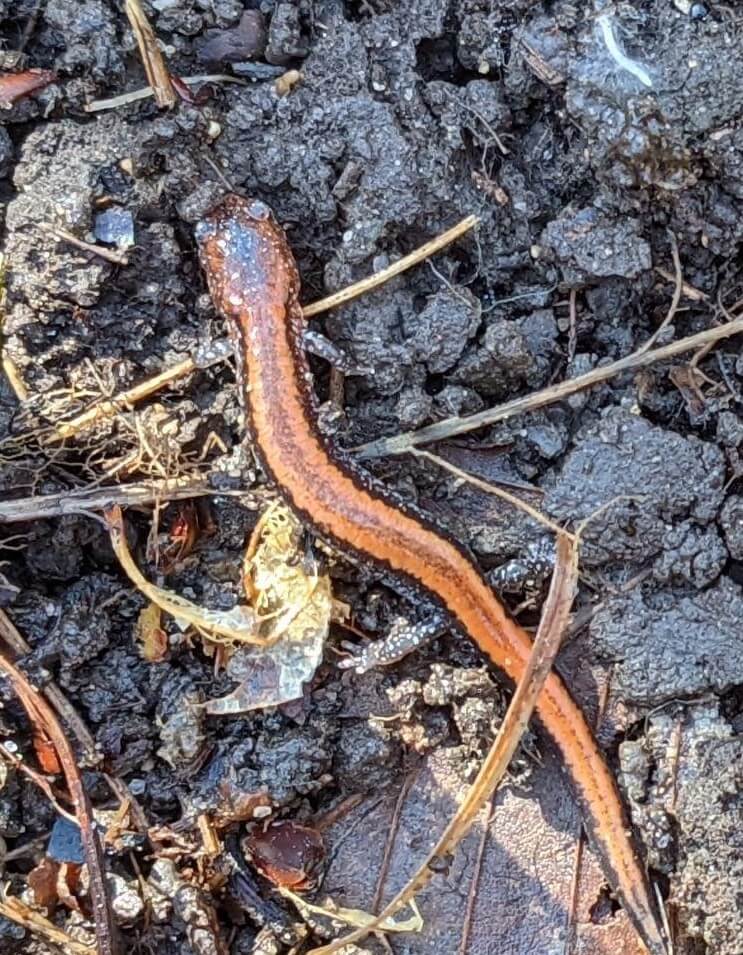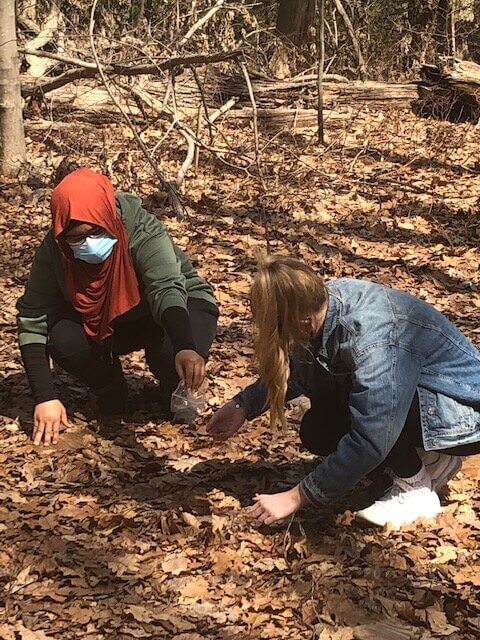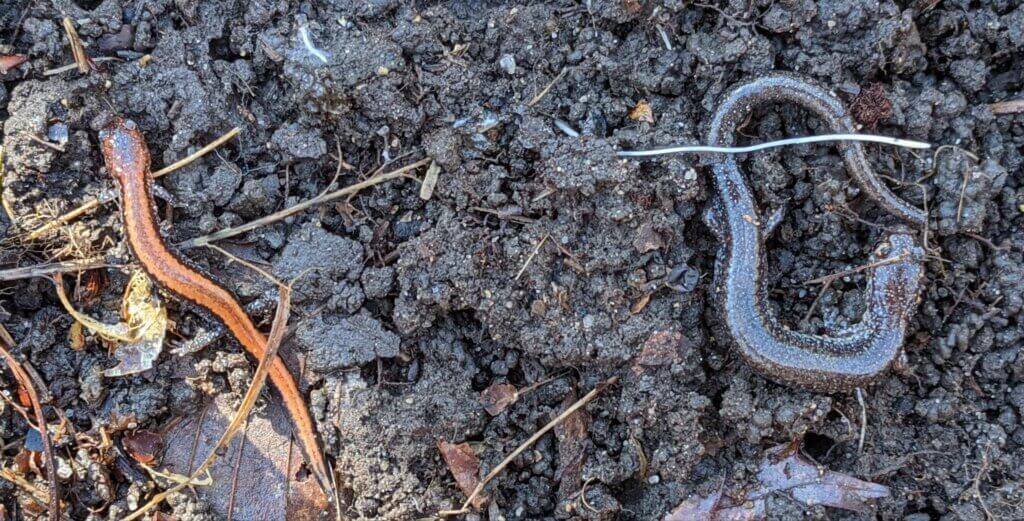The scientific workforce faces two major challenges – how to best mitigate the negative impacts of large-scale global change and how to best train and support a diverse generation of scientists. A collaborative research network of scientists from five universities received a $3.0 million Research and Mentoring for Postbaccalaureates in Biological Sciences (RaMP) grant from the National Science Foundation (NSF) to tackle these broad challenges.
Monmouth University is partnering with four other universities to create a postbaccalaureate research and mentoring network integrated within the existing Salamander Population and Adaptation Research Collaboration Network (SPARCnet). The four-year project will be overseen by principal investigator Dr. M. Caitlin Fisher-Reid, an Associate Professor in the Department of Biological Sciences at Bridgewater State University. The co-principal investigators include Dr. David A.W. Miller, Associate Professor at Pennsylvania State University, Dr. Alexa R. Warwick, Outreach Specialist at Michigan State University, Dr. Sean Sterrett, Assistant Professor at Monmouth University, and Dr. Tanya Hawley Matlaga, Assistant Professor in the Department of Biology at Susquehanna University.
The SPARCnet RaMP program will recruit recent college graduates with limited research experiences to participate in a one-year, paid, mentored research position at SPARCnet sites in the eastern United States. Mentors will be trained in mentoring best practices and postbaccalaureate mentees will be trained in a variety of research methods and vital professional development skills. The grant will support 30 postbaccalaureate mentees over three years, preparing them to successfully enter the STEM workforce and postgraduate education programs.
Postbaccalaureate mentees will join an intellectually and geographically distributed network, SPARCnet, that brings together a diverse group of scientists, educators, university, federal, state, and non-profit partners to use terrestrial salamanders as a model for understanding how species respond to global change. Each year’s mentee cohort will complete a collaborative core project using the network-wide, 10-year data set on salamander populations, and each individual mentee will complete a tailored independent project with their mentor(s). Not only will the projects expose mentees to basic hypothesis-driven, ecological research, but they will uncover patterns and mechanisms of change and model those changes with aims to impact policy and management. Mentors will also be able to bring their mentoring best practices back to their home institutions to broaden the program’s impact. This grant was one of 10 awarded this year.




